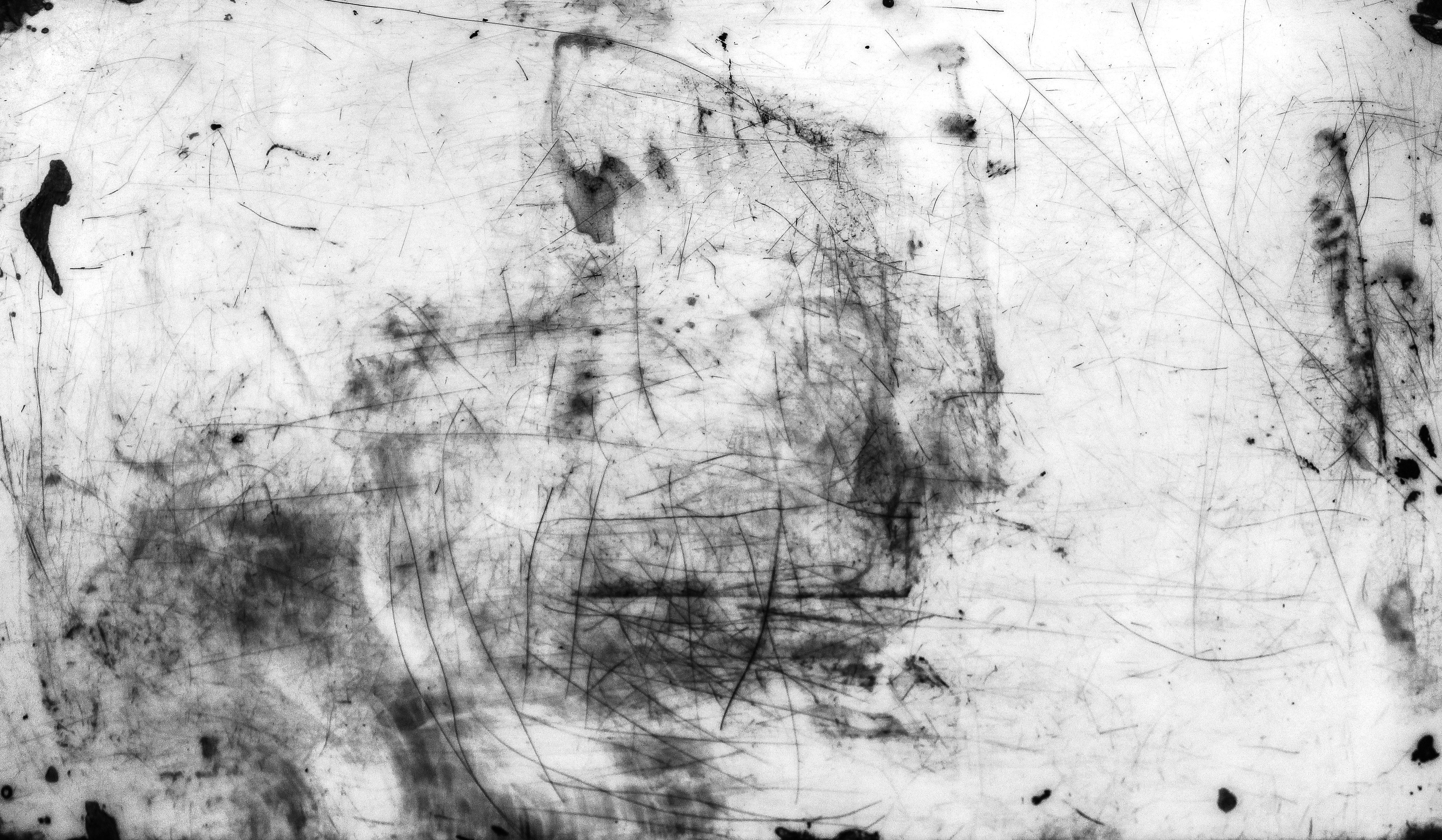
Boko Haram and its attendant geopolitical crisis
The international community’s suggestion based on its security intelligence report that Nigeria could disintegrate by 2015 is based on geopolitical analysis; Geopolitics is the theory of the social sciences that analyzes the relationships between politics and geographic territories. When making predictions about what might happen in the political dynamics of nations in the future, geopolitics is the main tool used for such analysis.
Boko Haram was born in the state of Borno, northeastern Nigeria, in 2002 as a religious group under the command of the then governor of the state, Ali Modu Sheriff. Despite the sect’s growing militancy in Borno and Yobe states, both in northeastern Nigeria, most Nigerians had never heard of Boko Haram until the July 2009 event, when security agencies in Nigeria faced Boko Haram in a full blown assault in Maiduguri, Borno. State capital. In that tragic incident, hundreds of Boko Haram members were killed, among the dead was “Muhammad Yusuf, the leader of the sect”.
This July 2009 event brought the Boko Haram conflict to the fore. There has been a not-so-subtle message in that Nigeria from some elite politicians in the North that Nigeria will become ungovernable if power and privileges do not return to the North.
The silence of Northern political leaders in condemning Boko Haram’s actions is a clear sign of their tacit support for the sect and its destabilizing actions. However, there are some major problems with Boko Haram’s use as a geopolitical tool which has been a subject of controversy in view of the prevailing circumstances and the evidence of this. Unlike MEND and OPC (both sects like Boko Haram but operating from the South South and South West of Nigeria.
Boko Haram’s message is not purely geopolitical. The sect is perceived as a religious fundamentalist organization and that fact makes it ineffective as an effective geopolitical tool. The North has never lacked the ability to produce presidential candidates on the platform of the major parties, but it has currently failed to ensure that a presidential candidate from the North emerges on the platform of the PDP (People’s Democratic Party), the only party that, Despite its many faults, it claims to be a truly national party and is therefore very likely to produce the next president of Nigeria.
The Boko Haram crisis is an attempt to influence the politics and political dynamics of the Nigerian nation and its people. The risk to the North is that random sectarian mutilations and killings of civilians, calls for the expulsion of Southerners and Northern Christians are politically damaging the North. Forcing a Northerner to win the PDP presidential candidacy is one thing, getting votes from all over Nigeria (South West, South East and South South) to guarantee that candidate’s electoral victory is another. Buhari was forced to adopt a southern Christian who happened to be the pastor of a rapidly growing church as his running mate to allay concerns that he was a religious fundamentalist.
As the Boko Haram crisis unfolds, Christians in the North and the Middle Belt states will be pushed firmly into a geopolitical reality that will increasingly favor collaboration with the South for their security and progress. Therefore, it implies a collaboration to save not only themselves but also their businesses, families and communities, and the day may dawn sooner than expected with the rapid rate of spontaneous violence and the escalation of violence in the northern part of the country.
The recent shelling of a community in Jos, Plateau state leaves one wondering about the mixed messages being sent and also wondering if we are really dealing with a single “Boko Haram” sect or if we are really witnessing miscreants entering the scene in the name of mischief to cause more confusion, Jos has been relatively peaceful for quite some time until the recent bombing and the people (Christians and Muslims alike) have been able to live relatively peacefully all this time. Although Boko Haram has yet to claim responsibility, all fingers point in their direction.
Boko Haram appears to be adequately financed because it has the latest technology with sophisticated weapons and ammunition to back up its cowardly acts. Nigerian security agencies must do more to find Boko Haram’s financiers, even in light of the recent capture of some Boko Haram members and their confession of “five generals serving in the Nigerian Army” as their financiers and sponsors who supply them with the weapons and ammunition to use. The Nigerian Government still has a long way to go to penetrate and neutralize the network.
To save Nigeria, Jonathan must remember that his oath is not to the PDP but to the Nigerian people.